An endearing early 20th Century gilt bronze figure of a young farm girl carrying a bundle of wheat sheaves, with very fine hand finished detail and good strong golden colour, signed S.Bizard
ADDITIONAL INFORMATION
Height: 23 cm
Condition: Excellent Original condition
Circa: 1910
Materials: Gilt Bronze
SKU: 8075
ABOUT
Flower Girl
Suzanne Bizard , born on in Saint-Amand-Montrond and died on in Paris. She was a French sculptor that became a member of the Society of French Artist where she exhibited until 1936. She obtained an honorable mention in 1900 , where her plaster statue Towards the Ideal ( No. 1846) was purchased by the state. She also exhibited at the Salon of French Artists Honor and Money in 1903 and two portraits in 1904 and 1905. She received a bronze medal in 1913. She specialises in mainly bronze bust portraits, children's statuettes and groups.
Art Nouveau Bronze
was a movement that swept through the decorative arts and architecture in the late 19th and early 20th centuries. Generating enthusiasts throughout Europe and beyond, the movement issued in a wide variety of styles, and, consequently, it is known by various names, such as the Glasgow Style, or, in the German-speaking world, Jugendstil. Art Nouveau was aimed at modernizing design, seeking to escape the eclectic historical styles that had previously been popular. Artists drew inspiration from both organic and geometric forms, evolving elegant designs that united flowing, natural forms with more angular contours. The movement was committed to abolishing the traditional hierarchy of the arts, which viewed so-called liberal arts, such as painting and sculpture, as superior to craft-based decorative arts, and ultimately it had far more influence on the latter. The style went out of fashion after it gave way to in the 1920s, but it experienced a popular revival in the 1960s, and it is now seen as an important predecessor of .
The desire to abandon the historical styles of the 19th century was an important impetus behind Art Nouveau and one that establishes the movement’s modernism. Industrial production was, at that point, widespread, and yet the decorative arts were increasingly dominated by poorly made objects imitating earlier periods. The practitioners of Art Nouveau sought to revive good workmanship, raise the status of craft, and produce genuinely modern design.





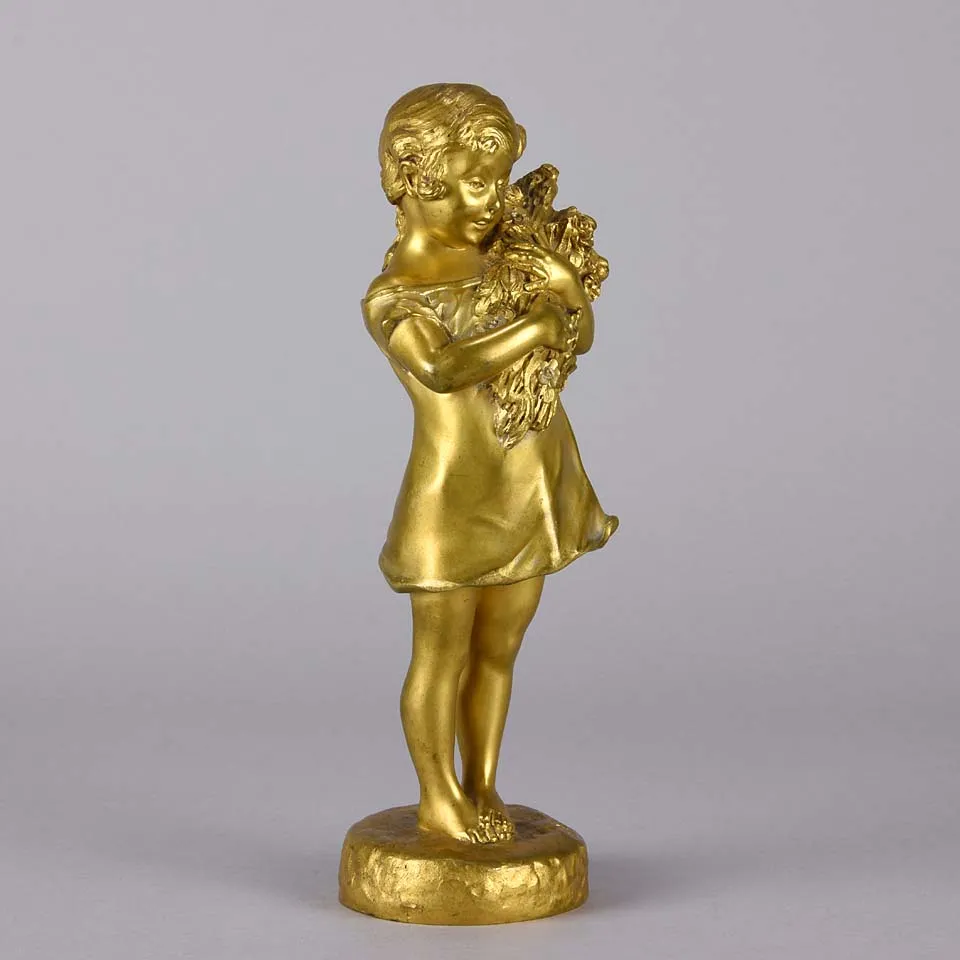
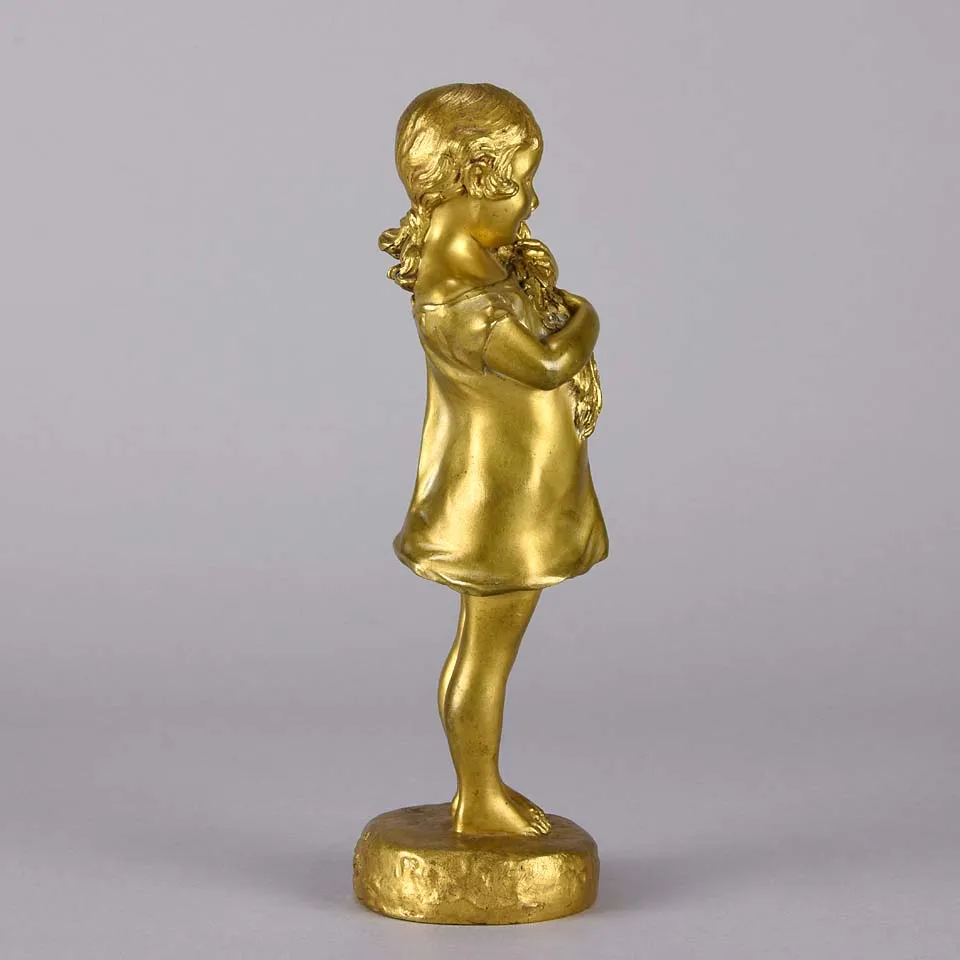
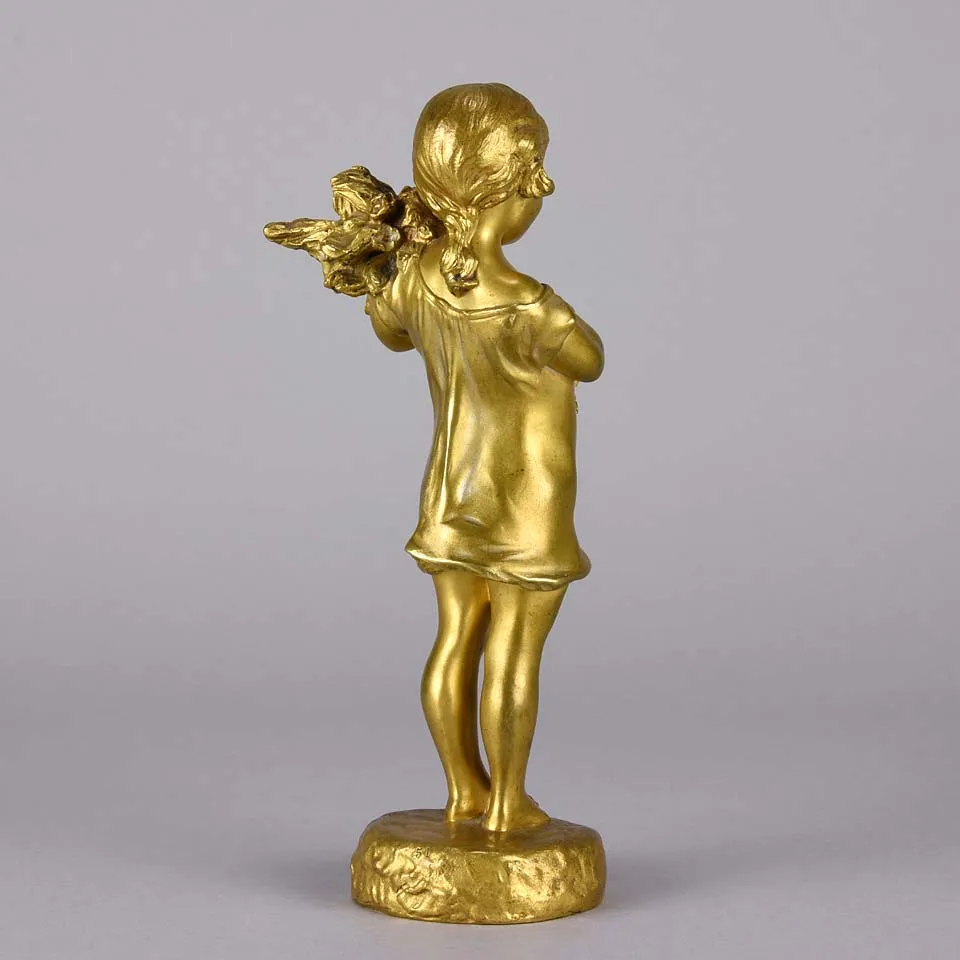
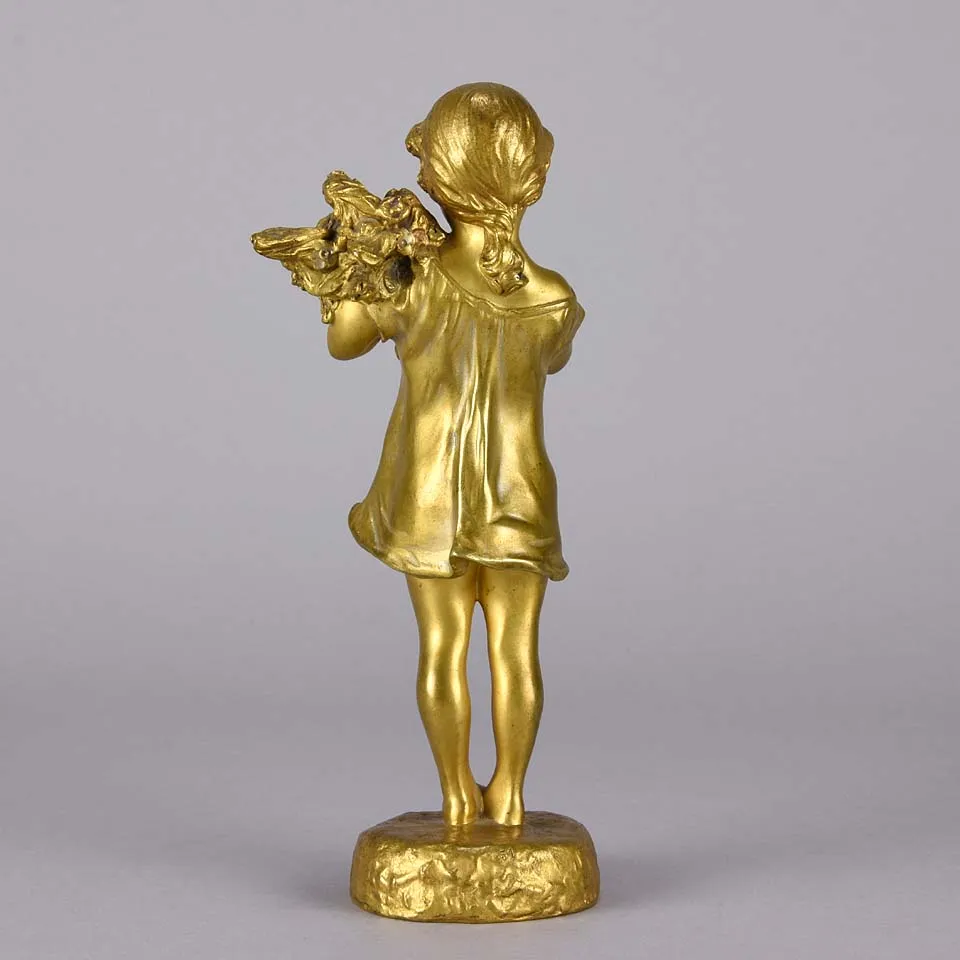
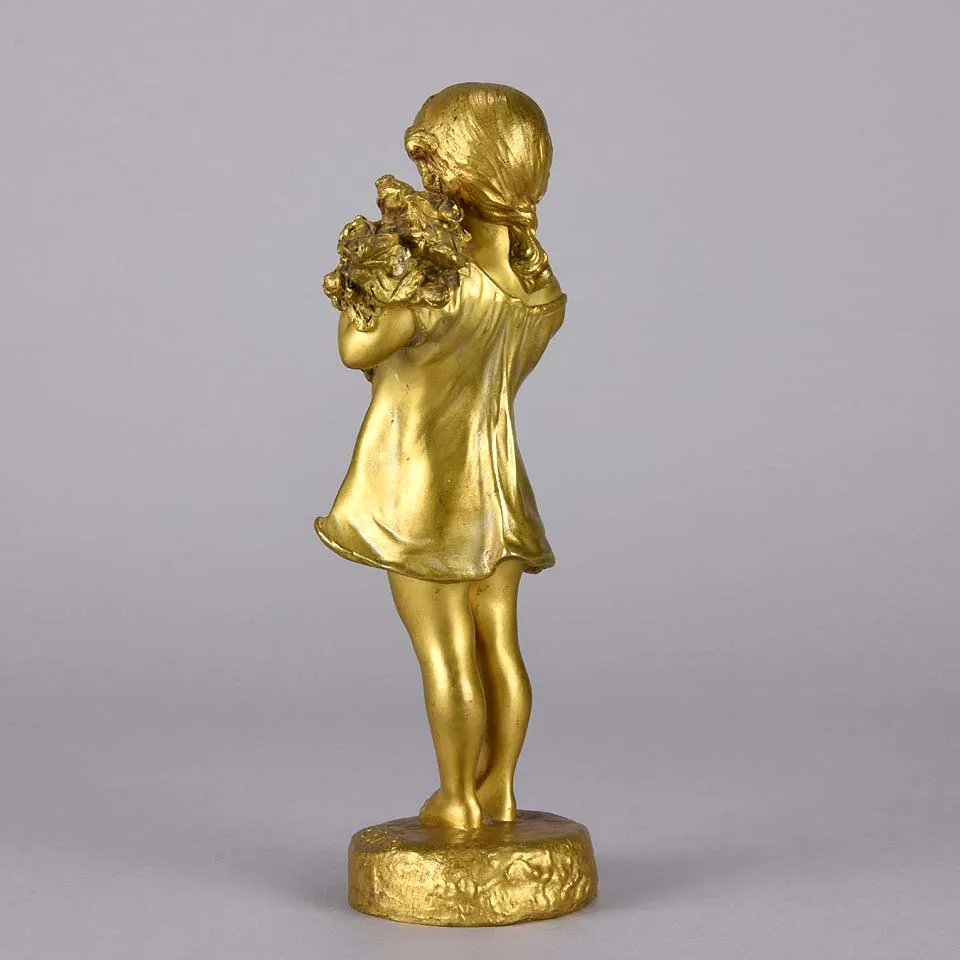
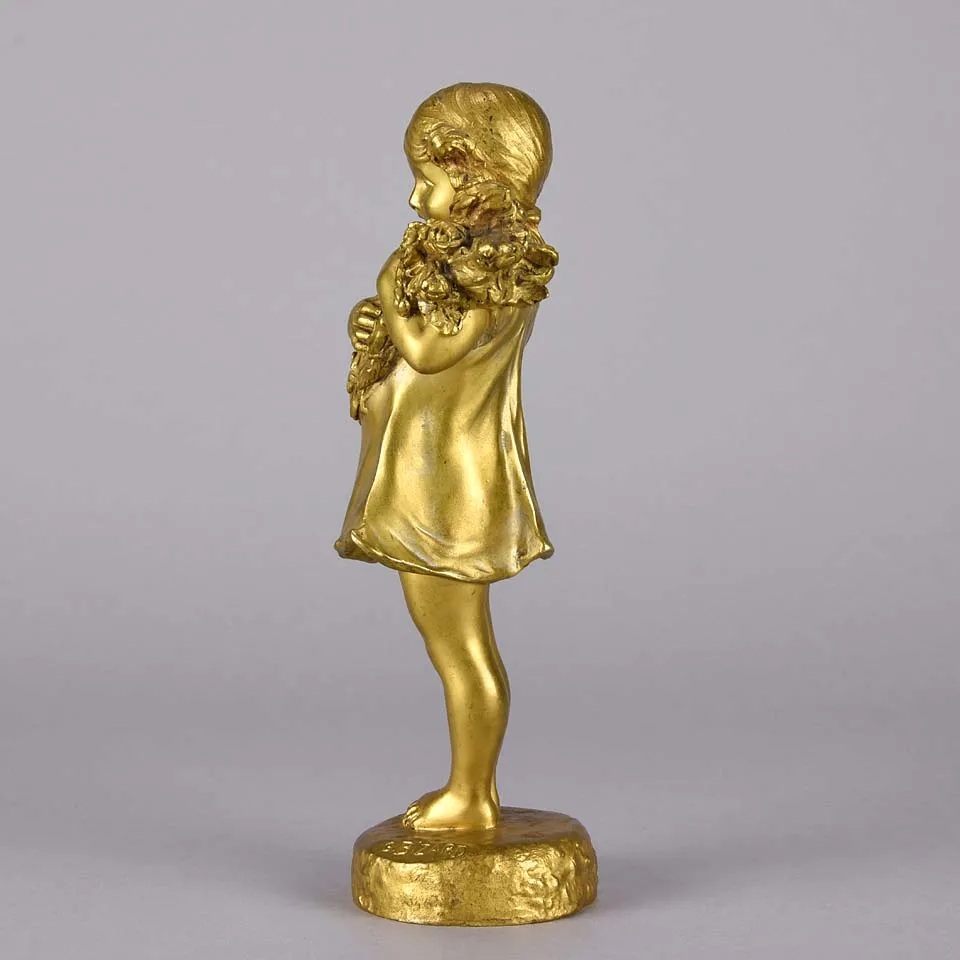
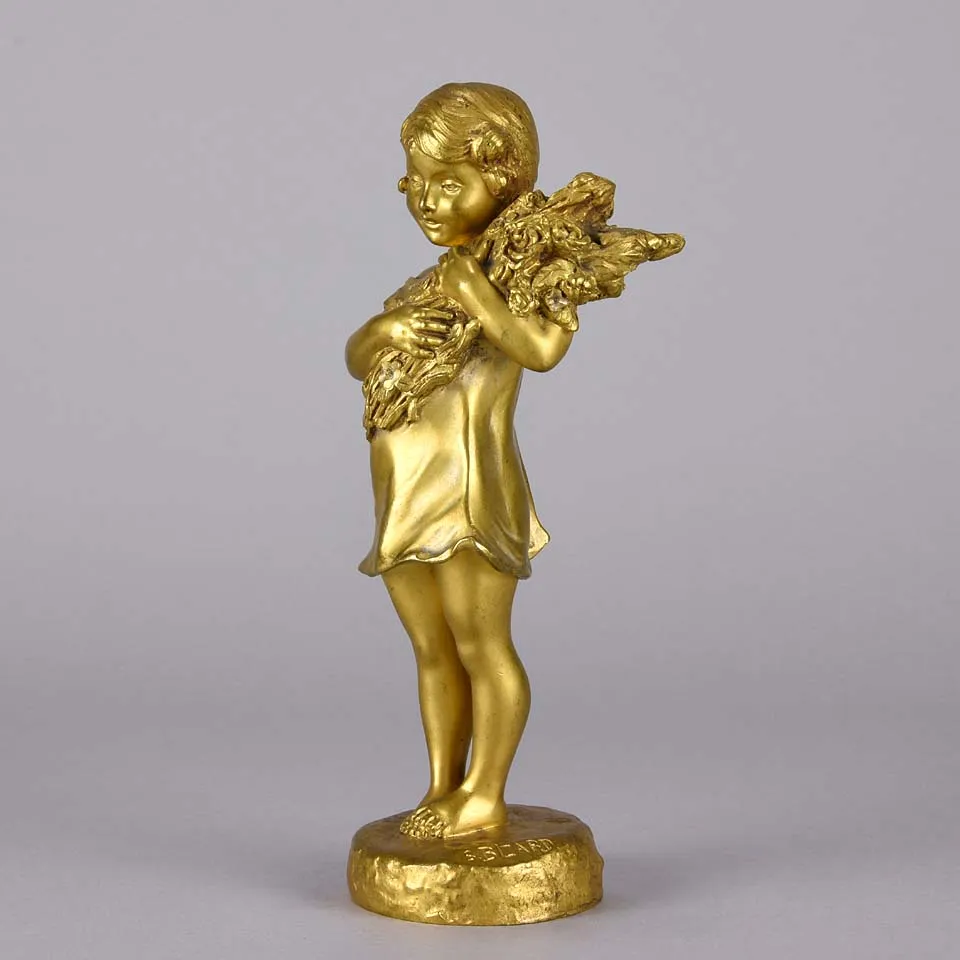
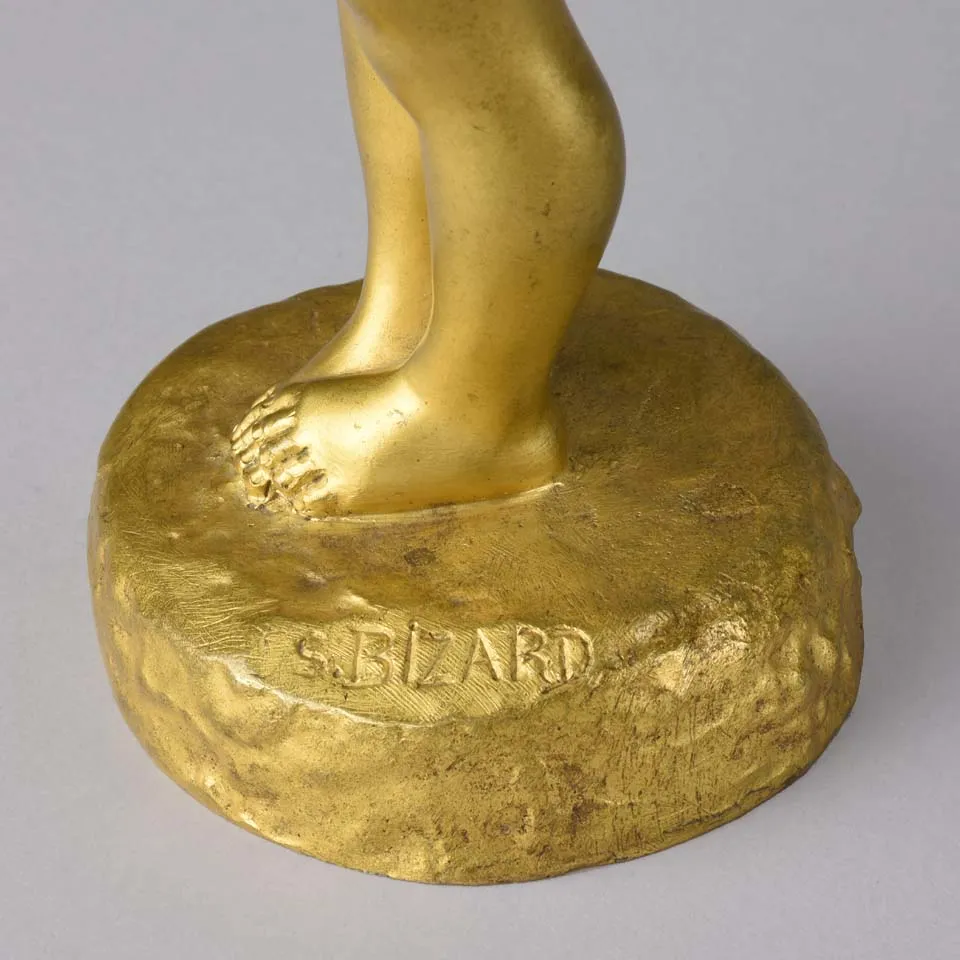
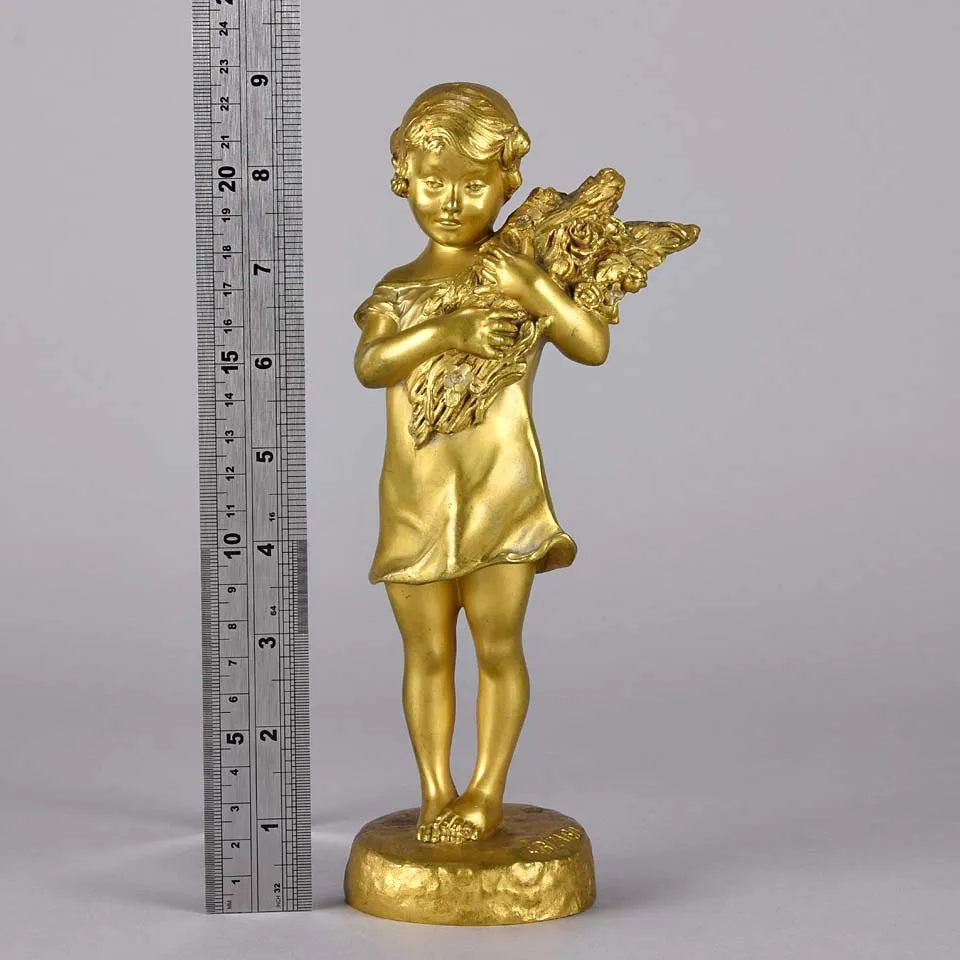





![TNBC Jack & Sally | POP! KEYCHAIN 2 Pack [RS] TNBC Jack & Sally | POP! KEYCHAIN 2 Pack [RS]](https://www.boxofsurprizes.shop/image/tnbc-jack-amp-sally-pop-keychain-2-pack-rs_KMo6OC_300x.webp)




